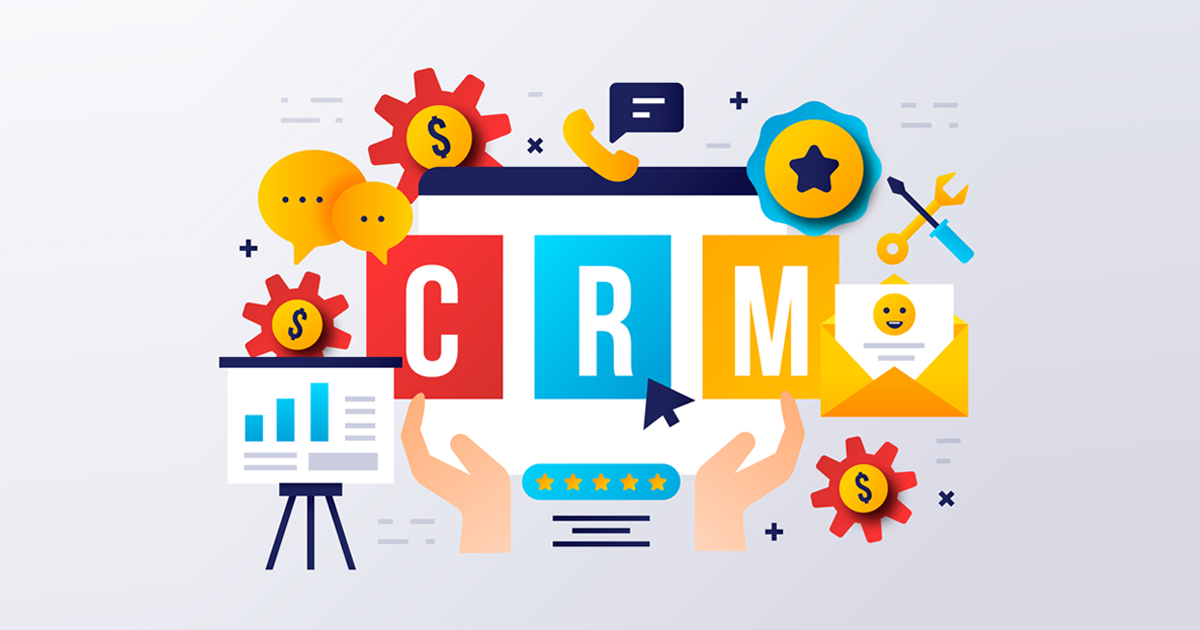
Exploring Its Key Functions and Business Benefits
May 13, 2025n the modern digital economy, maintaining strong relationships with customers is a cornerstone of sustainable growth. Businesses today rely heavily on CRM software to stay competitive, streamline operations, and deliver personalized customer experiences. But what is CRM software used for, and why has it become a fundamental tool in nearly every industry?
Understanding the Purpose of CRM Software
CRM, or Customer Relationship Management software, is designed to help businesses manage interactions with current and potential customers. It serves as a centralized platform that collects, organizes, and analyzes customer data, allowing teams to make smarter decisions and improve communication across departments.
More than just a contact list, CRM software enables businesses to automate tasks, monitor performance, and enhance customer satisfaction throughout the entire customer lifecycle—from lead generation to post-sale support.
Top Uses of CRM Software in Business
1). Sales Management and Lead Tracking
One of the most common uses of CRM software is to manage sales processes. From capturing new leads to closing deals, CRM systems track every step of the sales journey. This visibility helps sales teams prioritize opportunities, follow up efficiently, and forecast revenue with greater accuracy.
2). Marketing Automation and Campaign Management
CRM software allows marketing teams to create and manage targeted campaigns based on customer behavior, demographics, and purchasing history. Automated email sequences, segmentation, and performance tracking make it easier to engage audiences and boost conversion rates.
3). Customer Support and Service Management
With integrated ticketing systems and customer service tools, CRM platforms help support teams resolve issues quickly. The software provides access to detailed customer histories, allowing for faster responses and more personalized support.
4). Data Centralization and Customer Insights
CRM software collects data from multiple channels—emails, phone calls, social media, and website interactions—into one unified platform. This centralization helps teams understand customer needs, preferences, and behaviors, enabling more informed business decisions.
5). Improved Collaboration Across Departments
CRM software bridges communication gaps between sales, marketing, and customer service departments. Shared access to customer information ensures everyone is aligned and working toward the same goals.
6). Task and Workflow Automation
By automating repetitive tasks such as sending follow-up emails, scheduling meetings, or assigning leads, CRM systems increase efficiency and reduce the risk of human error.
Industries That Benefit Most from CRM Software
While CRM software is widely used in sales and marketing, its applications extend to healthcare, real estate, finance, education, and nonprofit sectors. Any organization that interacts with customers or stakeholders can benefit from the streamlined processes and insights a CRM offers.
Conclusion: A Strategic Tool for Customer-Centric Growth
So, what is CRM software used for? In essence, it's used to build better relationships. By simplifying workflows, organizing data, and enhancing communication, CRM software system helps businesses create more meaningful connections with their customers.
Whether you're nurturing new leads, supporting existing clients, or analyzing customer behavior for strategic growth, CRM software is a powerful ally in delivering exceptional experiences and driving long-term success.









